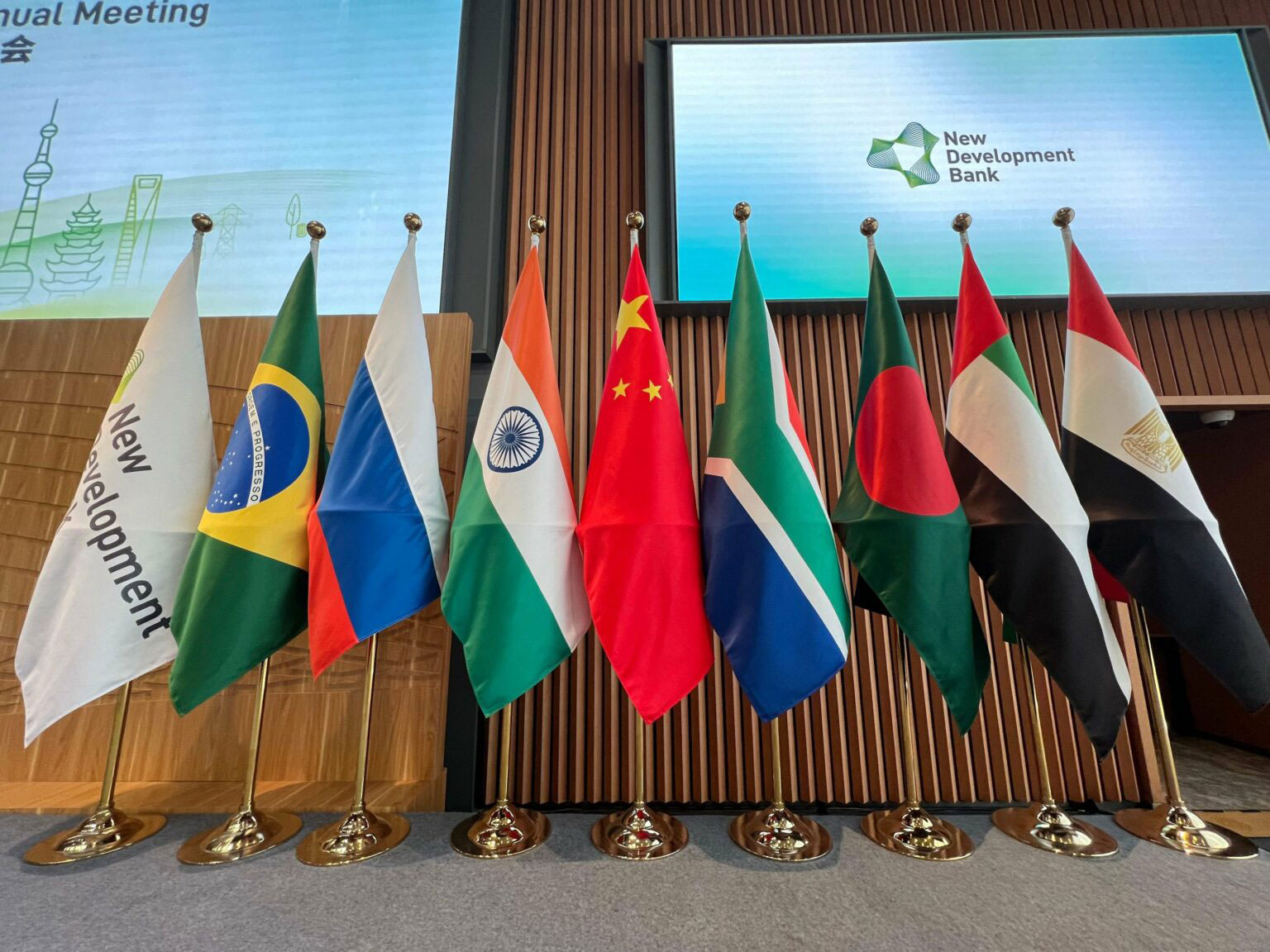UAE's Strategic Global Partnerships: Expanding Horizons Across Eurasia, East Africa, and South America

The United Arab Emirates (UAE) is taking significant strides in its global economic strategy by forging comprehensive economic partnerships with countries across three major global blocs. These partnerships include the Eurasian Economic Union (EAEU), the East African Community (EAC), and the Southern Common Market (Mercosur) in South America.
Expanding Economic Horizons
The UAE’s strategic move to establish these partnerships reflects its commitment to expanding its economic influence beyond traditional markets. By aligning with the EAEU, which comprises countries from Eastern Europe and Central Asia, the UAE is looking to tap into a region known for its rich resources and growing consumer markets. The EAEU offers a gateway to a vast market with significant potential for growth in sectors such as energy, infrastructure, and technology.
Strengthening African Ties
In East Africa, the UAE's partnership with the EAC is particularly noteworthy. The East African region is one of the fastest-growing economic areas, with increasing integration among member states like Kenya, Tanzania, and Uganda. This partnership is poised to enhance trade relations, boost investment flows, and facilitate the exchange of technology and expertise. The UAE’s engagement with the EAC is expected to open up new opportunities in sectors such as logistics, agriculture, and renewable energy.
Entering South America
The partnership with Mercosur marks the UAE’s significant entry into South America. Mercosur, which includes economic powerhouses like Brazil and Argentina, represents a major market with diverse opportunities in agriculture, manufacturing, and technology. The UAE’s engagement with Mercosur is aimed at fostering stronger trade ties, facilitating market access, and encouraging cross-border investments.
A Strategic Vision for the Future
These partnerships are part of the UAE’s broader vision to diversify its economy and reduce dependence on oil revenues. By building strong economic ties with different global regions, the UAE is positioning itself as a central hub for international trade and investment. The comprehensive economic agreements are designed to provide mutual benefits, fostering a more interconnected and prosperous global economy.
Conclusion
The UAE’s strategic alliances with the EAEU, EAC, and Mercosur underscore its ambition to play a pivotal role in the global economy. These partnerships are expected to drive economic growth, create new business opportunities, and strengthen the UAE’s position as a key player on the world stage. Through these initiatives, the UAE is not only securing its economic future but also contributing to a more collaborative and integrated global economy.
Comments
Post a Comment